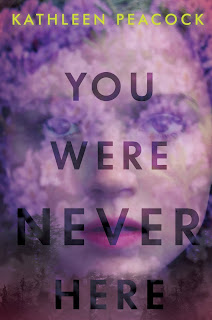Holidays are an important part of every culture, and as such, can play a meaningful role in your fiction. There are several issues to examine when incorporating holiday traditions into your plot.
1. Does the holiday function as setting or an essential plot element?
This helps determine how much weight to give the holiday in your descriptions. Does it paint a background for more important characters and events, adding richness to the story? Or is the holiday almost a character itself, perhaps returning with a vengeance throughout the years of an epic novel.
Of course, some holidays are central to the story. Think of Frosty the Snowman or The Polar Express. The Nightmare Before Christmas is a great example of a holiday representing more than simple background to the story.
On the other hand, in The Harry Potter Series, while Halloween and Christmas both appear in almost every book, they add richness, rather than being essential to the plot.
2. Does everyone in your novel celebrate this holiday?
 Is this holiday a local celebration like the Grand Lake Pelican Festival? Particularly if you are writing a regional tale, including local festivities can add flavor to the novel. Researching them can also spark ideas.
Is this holiday a local celebration like the Grand Lake Pelican Festival? Particularly if you are writing a regional tale, including local festivities can add flavor to the novel. Researching them can also spark ideas. Keep in mind that not everyone takes part in holidays that are celebrated on a much larger scale, particularly if they originate from a specific religion. Consider how individuals or families might react to the upcoming holiday in your novel. This could be a source of tension or a spur for greater understanding among people who differ in many ways.
3. Is this holiday unique to a culture you are unfamiliar with?
If so, do as much research as possible. Read books that feature that holiday within its native culture. Study up on it through online searches.
Perhaps most importantly, ask people who regularly celebrate that holiday for details about foods, traditions, and the meaning of the holiday within their family and larger group. This will lend authenticity to the holiday and prevent errors or assumptions that could be offensive.
If you don't know anyone who celebrates the holiday, try searching the name of the holiday on facebook or other social media. You'll likely find groups who'd be happy to answer your questions!
I tested this with National Bubble Wrap Appreciation Day. Turns out in the USA, it's celebrated on the last Monday of January every year. Who knew? I can think of a few kids who would love to celebrate that!






























